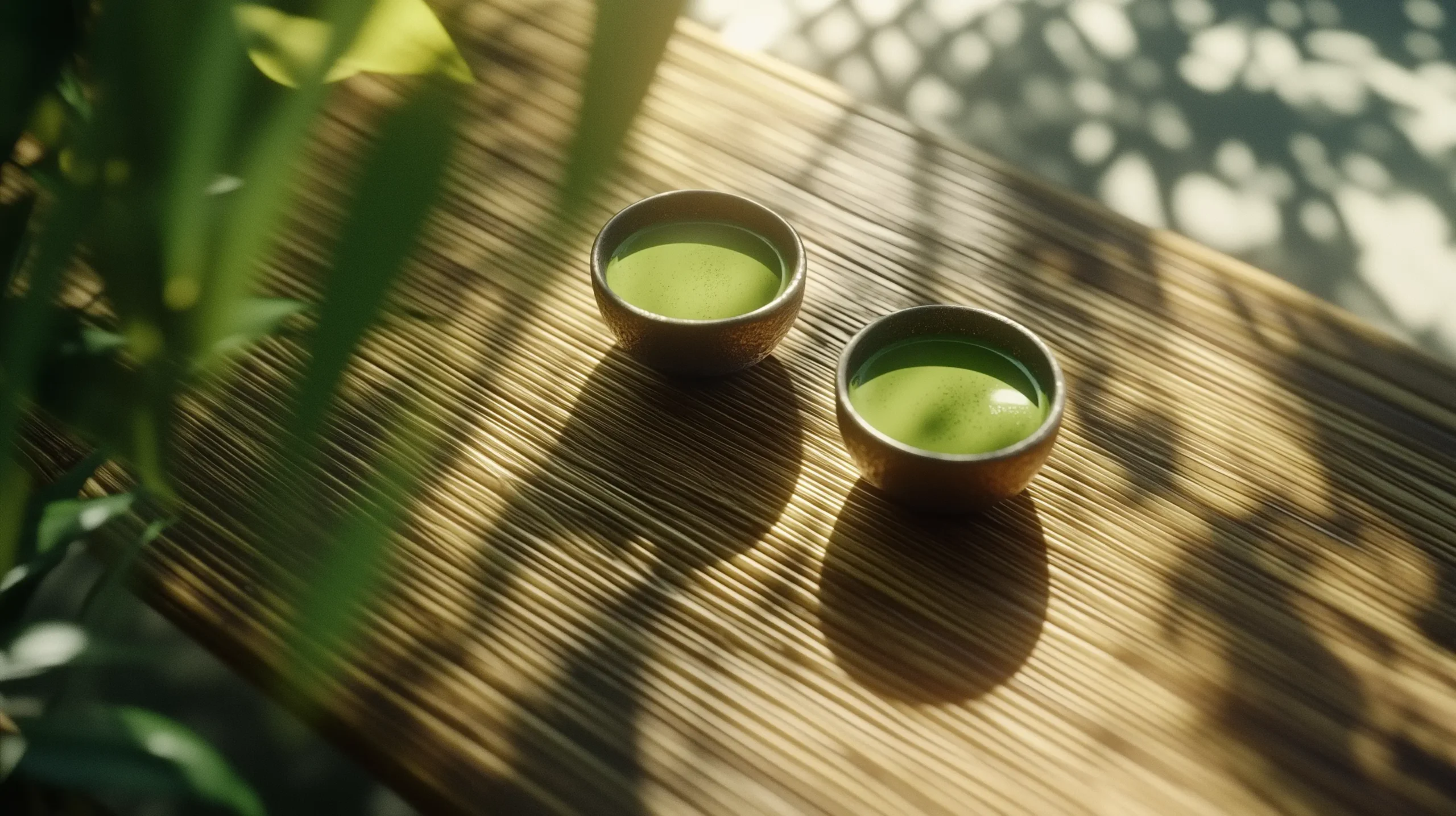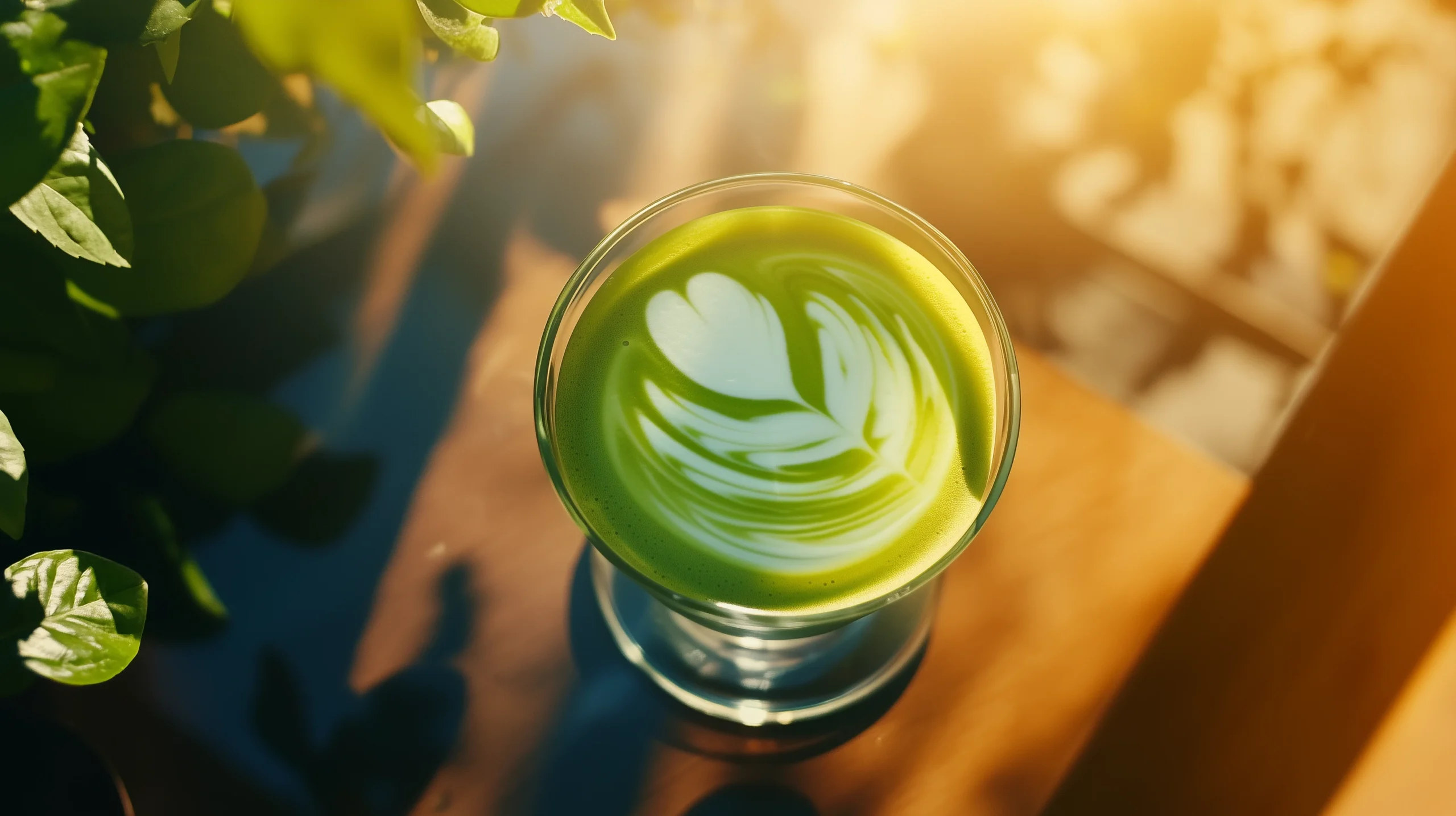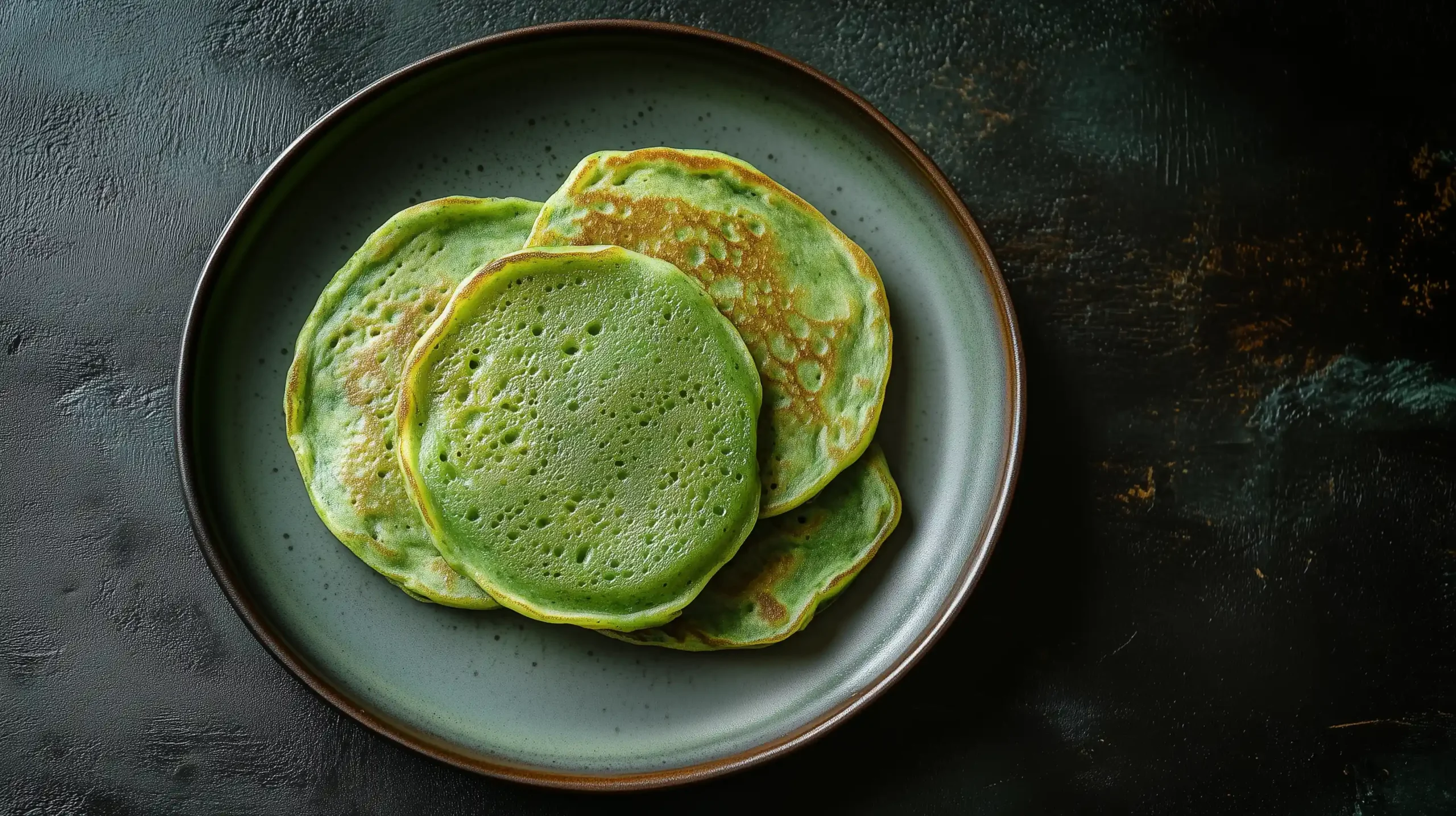Matcha, the vibrant green tea powder from China and Japan, transcended from traditional tea ceremonies, becoming a global health phenomenon, particularly for its relaxing yet energy filled, anti-inflammatory benefits. Let’s explore how this ancient drink can be part of modern wellness practices.
Matcha and Inflammation: The Science Behind the Sip
There are several compounds in matcha that research suggests may benefit human health:
- Catechins: A type of flavonoid and antioxidant in matcha. Epigallocatechin gallate (EGCG), an anti-inflammatory catechin and the most abundant and studied one in matcha[^1].
- L-theanine: As an amino acid found in matcha, L-theanine encourages calmness and may even reduce the inflammatory response associated with stress[^2].
- Chlorophyll: The vivid green color of matcha is due to the chlorophyll, and this pigment may assist in detoxification, helping them lower inflammation[^3].
How Matcha Fights Inflammation
- Antioxidant Activity: EGCG in matcha has been shown to decrease inflammatory markers such as C-reactive protein (CRP) and interleukin-6 (IL-6)[^4]. In chronic inflammatory diseases, these markers may remain high.
- Inhibition of Inflammatory Pathways: According to studies, matcha is able to down-regulate pathways such as NF-κB, which is a master regulator of the inflammatory response[^5].
- Stress Reduction: We know that long-term stress tends to cause inflammation, again it is one of the main causes. The l-theanine found in matcha, can induce calm which may your body down and help lower stress-induced inflammation[^2].
Incorporating Matcha into Your Routine
Here’s how you can make matcha a part of your anti-inflammatory lifestyle:
- Traditional Matcha Tea: Whisk 1-2 (2-4 grams) teaspoons of matcha with hot water (160ºF) for the classic preparation.
- Matcha Latte: Blend matcha with your choice of coconut, almond or oat milk for a comforting, creamy drink. A tablespoon of maple syrup and 1.5 tablespoons of honey can make it more for a delicious treat.
- Smoothies: Add matcha to your smoothie any time of the day for an antioxidant, energy boost.
- Cooking: Use matcha in recipes for baking, sauces, or even in savory dishes for a unique flavor and health benefits.
Real-World Benefits:
- Arthritis: Green tea catechins may be beneficial in inflammatory diseases such as arthritis, according to some studies.[^6].
- Cardiovascular Health: Matcha may promote improved cardiovascular health by decreasing inflammation[^7].
- Skin Health: Anti-inflammatory properties may also help calm acne or rosacea[^8].
Considering the Evidence
While matcha has promising anti-inflammatory benefits:
- Dosage: *Based on the individual* Taking 2-4 gram per day might be be beneficial, but individual results can vary.
- Quality Matters: Not all matcha is created equal. Look for high-quality, organic, ceremonial grade matcha to ensure you’re maximizing the health benefits without contaminants.
- A Holistic Approach: Matcha is one part of a consistent broader anti-inflammatory strategy, including diet awareness, regular exercise, and stress reduction and management.
Conclusion: Matcha as Part of Your Health Journey
The centuries-old tradition of drinking matcha is echoed by emerging science that suggests these ingredients may be able to help reduce inflammation, in a tasty way. Just because matcha is excellent for inflammation does not mean it is the end all be all. It tends to be most effective when combined with a balanced lifesytle.
Ready to Embrace Matcha?
Explore our Organic Matcha, designed with purity and health in mind, perfect for those looking to naturally combat inflammation.
Note on Sources: When looking into matcha’s health benefits:
- Research Studies: Seek out research from databases like PubMed or Google Scholar, focusing on matcha or green tea catechins.
- Health Publications: Websites and publications from respected institutions like WebMD or the Arthritis Foundation often discuss dietary aids like matcha for inflammation.
- Books and Journals: Texts like “Green Tea: Health Benefits and Applications” by Hara Y. provide in-depth insights into tea’s health effects.
Sources
[^1]: Chacko, S. M., et al. (2010). Beneficial effects of green tea: A literature review. Chinese Medicine, 5(13).
[^2]: Unno, K., et al. (2018). Anti-stress effects of drinking green tea with lowered caffeine and enriched theanine, epigallocatechin and arginine on psychosocial stress induced adrenal hypertrophy in mice. Phytomedicine, 42, 136-141.
[^3]: Lin, Y., et al. (2018). Effects of matcha green tea powder on metabolic syndrome in high-fat-diet-induced obese mice. Journal of Nutritional Science and Vitaminology, 64(6), 432-440.
[^4]: Suzuki, Y., et al. (2016). Green tea catechin consumption enhances exercise-induced abdominal fat loss in overweight and obese adults. Journal of Nutrition, 146(9), 1677-1684.
[^5]: Ahmed, S., et al. (2016). Regulation of interleukin-1beta-induced chemokine production and matrix metalloproteinase 2 activation by epigallocatechin-3-gallate in rheumatoid arthritis synovial fibroblasts. Arthritis Research & Therapy, 18(1), 238.
[^6]: Kim, H. R., et al. (2014). Green tea protects against ethanol-induced inflammation in rat liver: An electron microscopic study. Journal of Nutrition and Health, 47(2), 97-105.
[^7]: Yang, C. S., et al. (2011). Cancer prevention by tea: Animal studies, molecular mechanisms and human relevance. Nature Reviews Cancer, 11(6), 429-439.
[^8]: Saric, S., & Notay, M. (2017). Green tea for the prevention of diseases: The role of catechins in reducing oxidative stress and inflammation. Journal of the American College of Nutrition, 36(6), 473-484.






